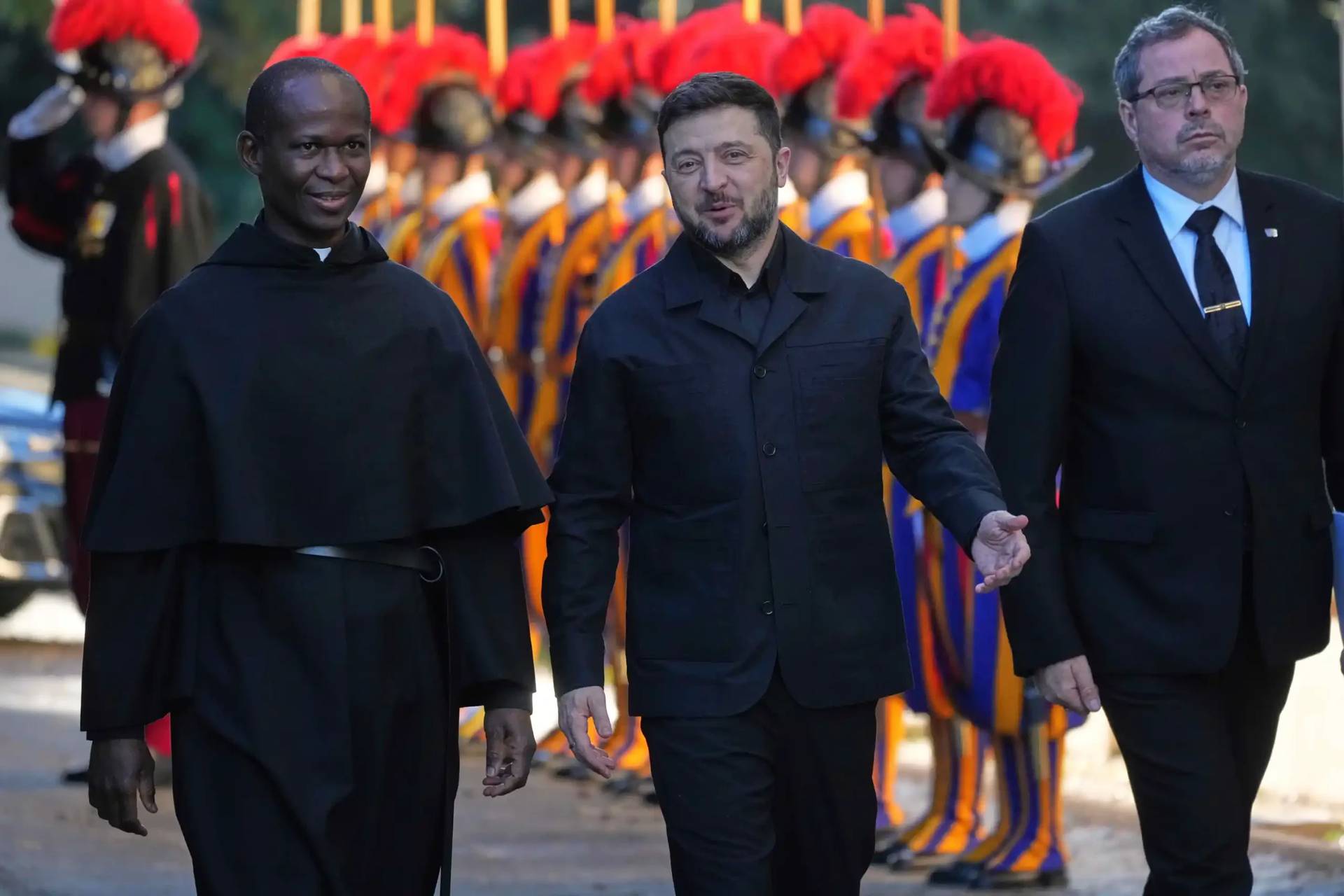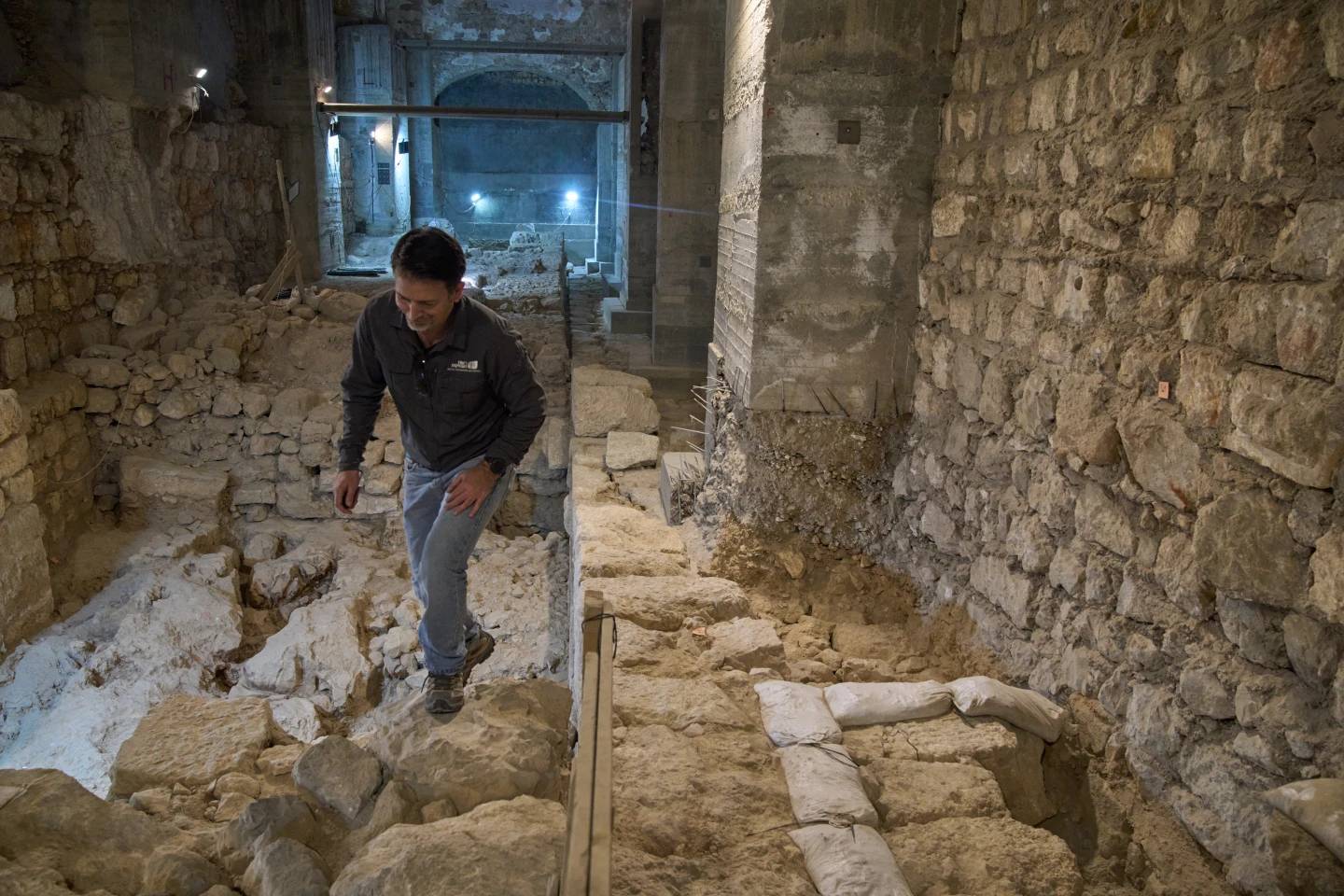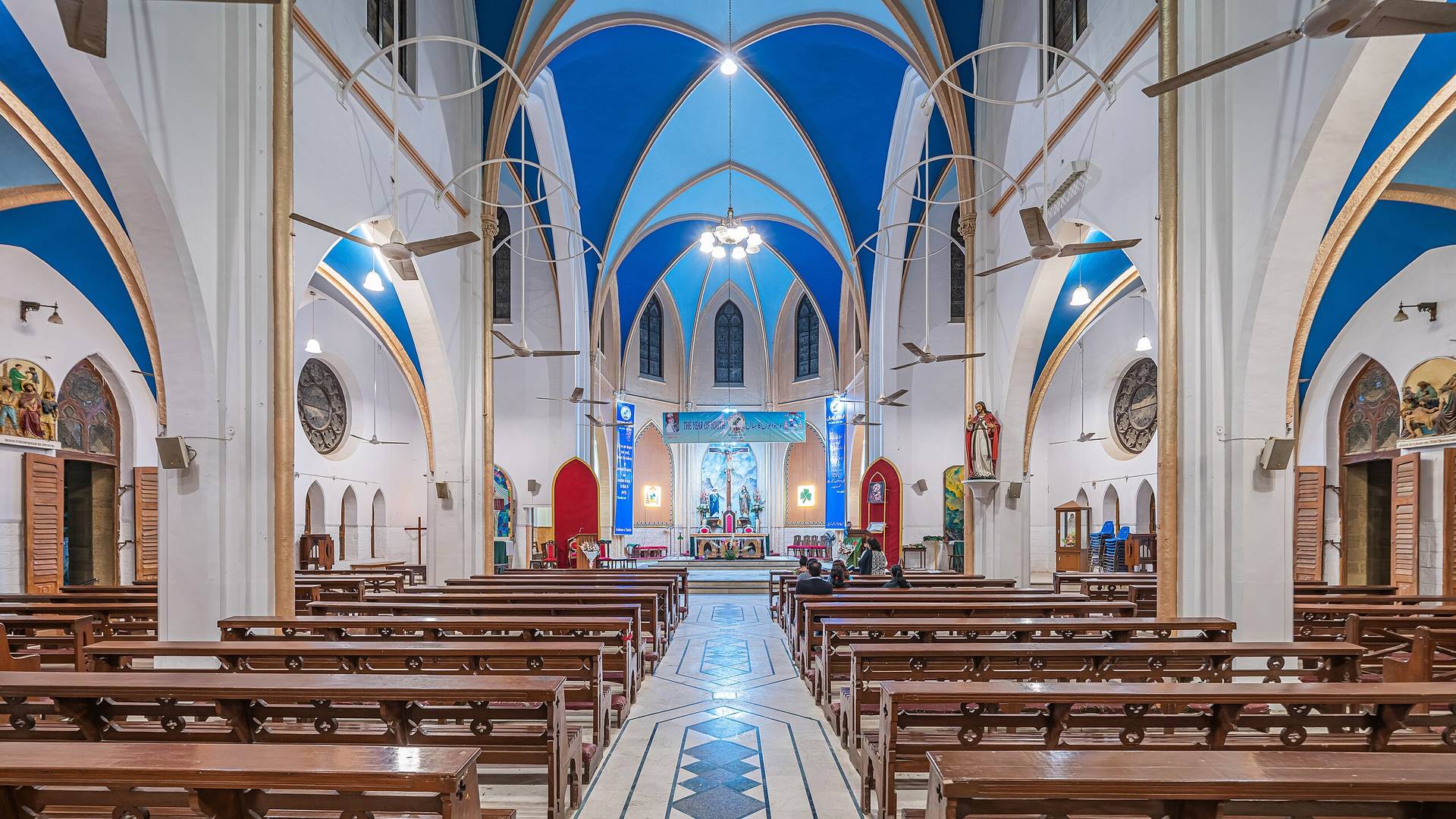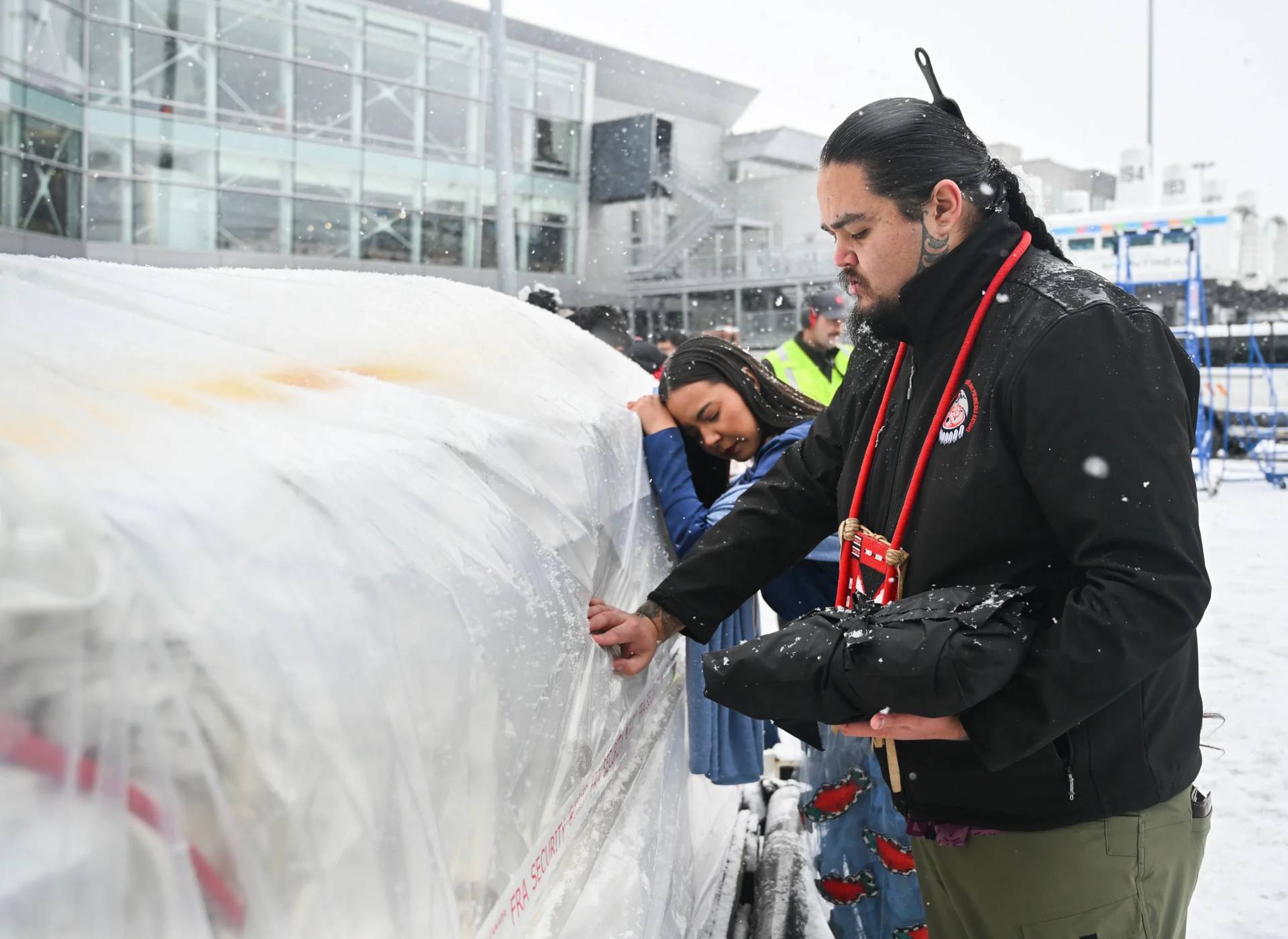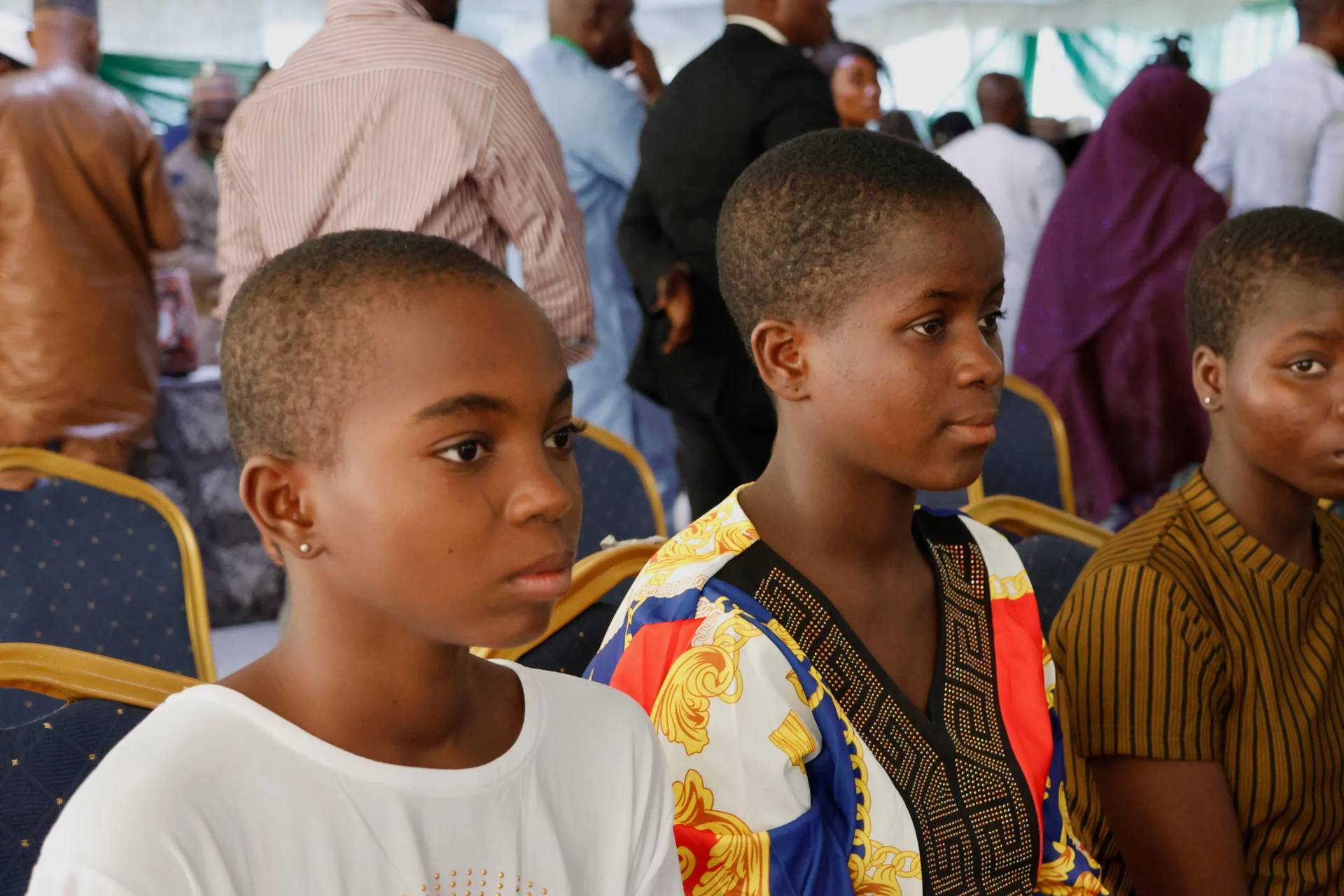ROME — Marking an end to one of the most divisive debates in Catholicism in the past 35 years, Pope Francis has officially declared the late Archbishop Oscar Arnulfo Romero a martyr, clearing the way for eventually proclaiming him a saint.
A hero to the progressive liberation theology movement in Latin America, which sought to place the Catholic Church on the side of the poor in struggles for social justice, Romero was shot to death in 1980 while saying Mass.
In the years since, critics have argued that the slaying didn’t meet the traditional test for martyrdom because it was motivated by politics rather than hatred of the Christian faith, while supporters of Romero have seen the Vatican’s caution as betraying a broader ambivalence about liberation theology.
Among other things, Tuesday’s papal announcement that Romero was a martyr means that no miracle is required for beatification, the final step before sainthood.
The decision was announced by the Vatican through a press note that said the pontiff had authorized the Congregation for the Causes of Saints to promulgate a decree confirming the martyrdom of Servant of God Oscar Arnolfo Romero, killed in hatred of the faith in March 24, 1980.
No date has yet been announced for the beatification, but a press conference will be held in Rome Wednesday, led by Italian Archbishop Vincenzo Paglia, a Vatican official who has championed Romero’s sainthood cause.
On a plane ride back from the Philippines in late January, Pope Francis was asked if he’d be traveling to El Salvador to celebrate Romero’s beatification. He said that he had no plans to do so, but joked that a war might occur between Paglia and Cardinal Angelo Amato, the man in charge of the Vatican’s Congregation for the Causes of Saints.
Romero’s sainthood process was blocked during the papacies of John Paul II and Benedict XVI, despite the latter having once said that Romero was, in fact, “a great witness of the faith” wrongly being used by a political party.
Experts say that Romero’s defense of liberation theology came in response to a right-wing Salvadorian government that was brutally killing and torturing rural poor in the late 1970s.
Romero is the most prominent victim of the 75,000 people believed to have been killed in El Salvador’s bloody civil war, which went on from 1980 to 1992.
In his own country, critics of Romero charged him with supporting violence, communism, and heresy. Others applauded him for the same reasons. Murals and T-shirts portraying Romero alongside Salvador Allende, Chile’s slain Marxist president, and Ernesto “Che” Guevara are common in Central America.
Romero condemned capitalism at the same time he was fighting communism. In his sermons, he cautioned against the dangers of atheistic, materialistic Marxism and chastised leftists for criticizing American imperialism while turning a blind eye to the Soviet invasion of Afghanistan.
Romero was murdered a day after telling an army made up largely of peasants that they were killing their own people.
“No soldier is obliged to obey an order that is contrary to the will of God,” he said.
He was shot through the heart while celebrating Mass, after saying, “one must not love oneself so much as to avoid getting involved in the risks of life that history demands of us, and those who fend off danger will lose their lives.”
Among the lesser-known facts of Romero is his close relationship with conservative Catholic movement Opus Dei.
He received weekly spiritual direction from an Opus Dei priest, was indispensable in the opening of the first residence for students this movement opened in El Salvador, and in 1975, after the death of its founder, Josemaría Escrivá, Romero sent a letter to Paul VI asking the pope to jumpstart his canonization process.






